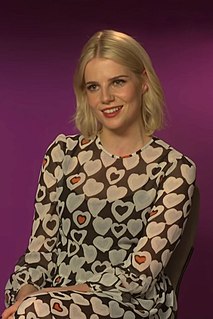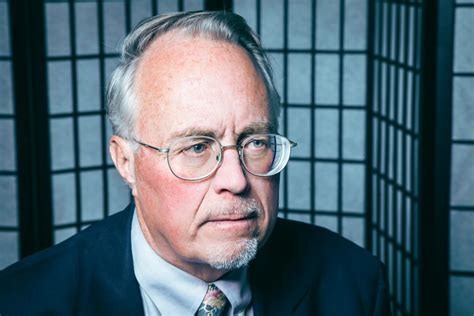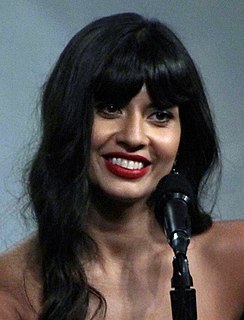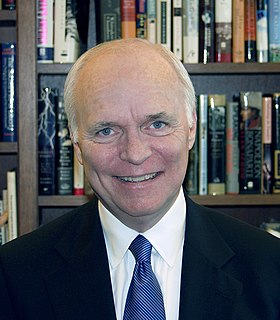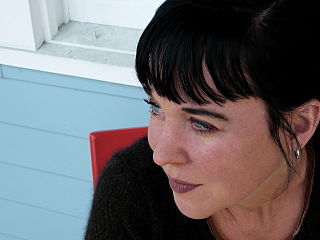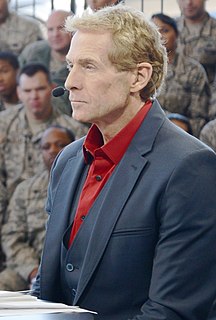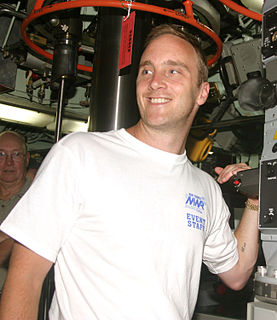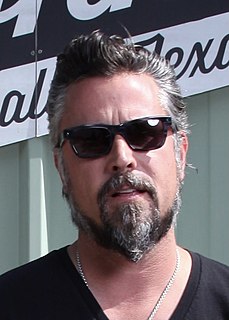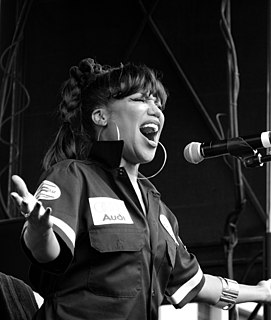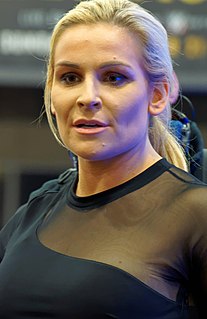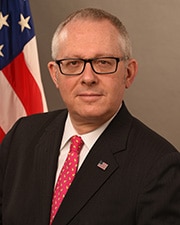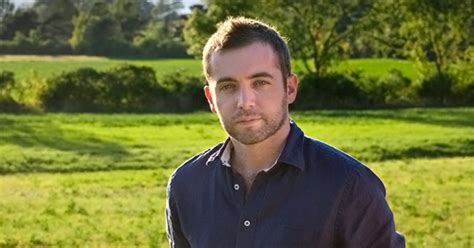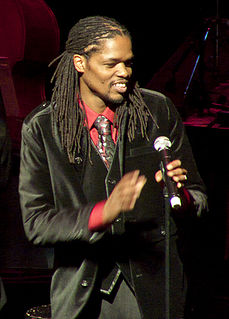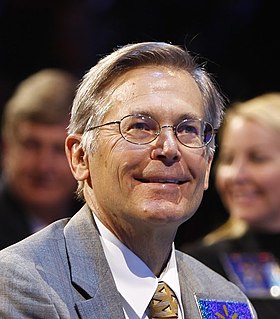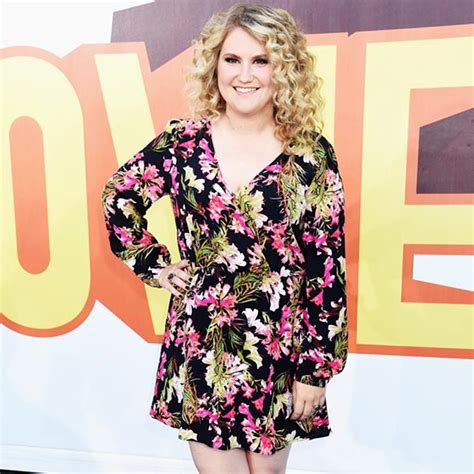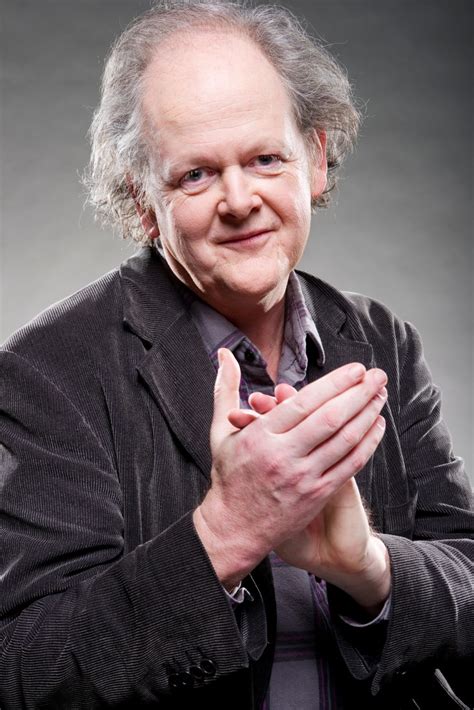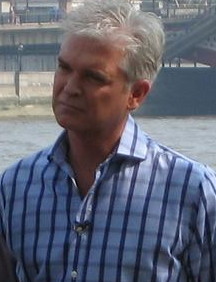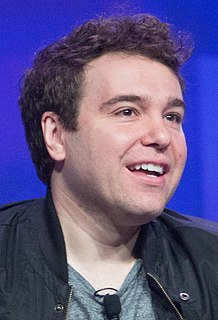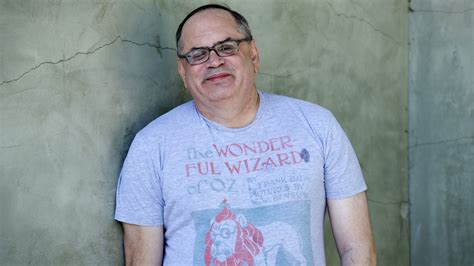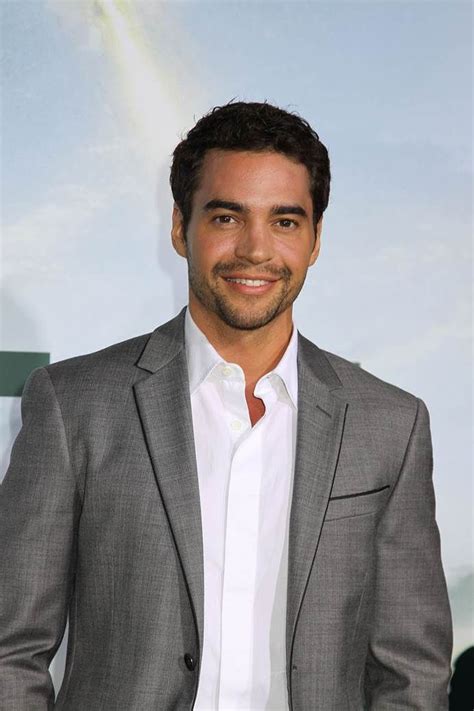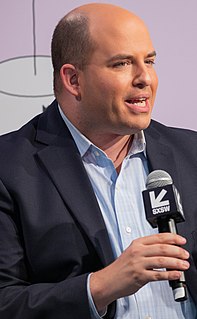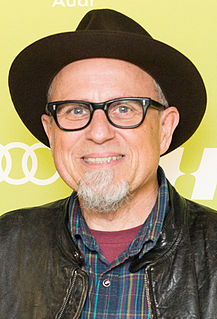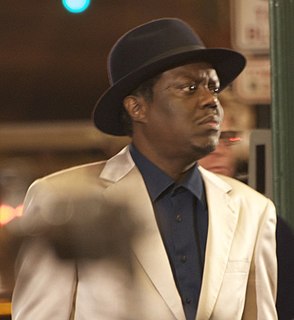Top 218 Interviewing Quotes & Sayings - Page 3
Explore popular Interviewing quotes.
Last updated on September 19, 2024.
Interviewing Michael Jordan is like playing him one on one. If he respects you and especially your media platform and he's amused by your college try, he'll let you get off a shot or two. Then he'll go behind his back, give you a head fake and leave you wondering exactly what he meant by this and that.
I think, here's what I've realized from interviewing people, and I've been very open about my Catholicism and my love of Christ and I don't care who knows it but I don't do it on stage. People that disagree with me that are listening to my podcast that are not Christian, I'm not trying to sell them Christianity and I make it very clear.
In September 2005, I was three things: the media blogger for 'FishbowlNY,' a maniacal Daily Show fan, and the only person to smuggle a tape recorder and camera into a big Magazine Publishers of America event featuring Jon Stewart interviewing five hotshot magazine editors in an unbelievable bloodbath.
Basically, it's somebody who got stuck having to interview me who really wants to be a novelist, so they're writing these novellas and I was like, "It's not true, that didn't happen, they just made all that up! Why don't they just go ahead and be a novelist instead of bothering with interviewing me?"
I wrote '33 Men' in eight weeks. Not only was it a combination of simultaneously writing and interviewing, but as I dug deeper into the miners' story, I found the key to their success was the ability to place their individuality on the back burner and bring forward the sense of a collective group responsibility.
No longer do companies study consumers' psyches only by asking people what they think about technology and how they use it. Now they conduct observational research, dispatching anthropologists to employ their ethnographic skills by interviewing, watching and videotaping consumers in their natural habitats.
Most of life is offline, and I think it always will be; eating and aching and sleeping and loving happen in the body. But it's not impossible to imagine losing my appetite for those things; they aren't always easy, and they take so much time. In twenty years I'd be interviewing air and water and heat just to remember they mattered.
I have the version of me where I'm interviewing someone, where I definitely am the straight man, and I like to show a lot of respect to my guest and let them take the reins. I don't like to compete with my guests. I don't like to be funnier than my guests or get into a 'Who's wackier?' sort of thing.


